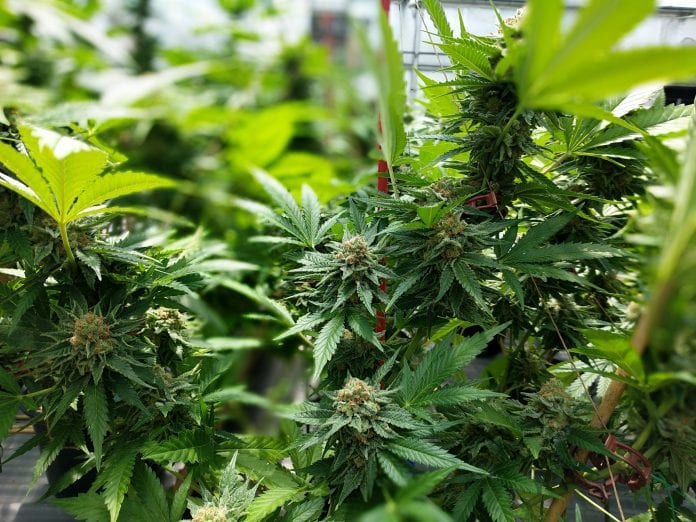According to the Associated Press, the U.S. Drug Enforcement Administration (DEA) is gearing up for a significant change: reclassifying marijuana as a less risky substance. This move, marking a pivotal shift in American drug policy, could have far-reaching effects nationwide.
The proposed shift, which awaits review by the White House Office of Management and Budget, acknowledges marijuana’s medicinal benefits and its lower potential for abuse compared to more hazardous drugs. However, it falls short of outright legalization for recreational use.
Pending approval from the Office of Management and Budget, the DEA will open the proposal to public feedback. This proposal entails moving marijuana from its current Schedule I classification, alongside heroin and LSD, to Schedule III, alongside substances like ketamine and certain steroids. This recommendation follows advice from the federal Health and Human Services Department. Following public commentary and administrative review, the final rule will be published.
This development follows President Joe Biden’s call in October 2022 for a reassessment of federal marijuana laws and his pardoning of numerous individuals convicted of simple marijuana possession at the federal level.
Biden has also urged governors and local leaders to take similar actions to expunge marijuana-related convictions, citing the adverse impact of such records on employment, housing, and education opportunities.
This announcement, made during an election year, could bolster support for Biden, particularly among younger voters. Growing bipartisan support, fueled by changing societal attitudes and a Gallup poll indicating 70% of adults favor legalization, underscores the momentum for reform.
South Floridians want recreational marijuana legalized
Locally, Floridians and Caribbean Americans have supported the use of the substance to be legalized for recreational purposes.
In 2016, over 71 percent of Florida voters approved the use of marijuana for medical purposes. Leading up to the 2016 vote that approved medical marijuana, a majority of Caribbean Americans in South Florida were supportive of the measure. A poll conducted by this newspaper indicated that 76 percent of Caribbean Americans were supportive.
In a poll on the legalization of recreational marijuana, 68 percent of those in the age group 21 to 35 were in support, and in the age group 35 to 59, the support was 46 percent.
And just a few weeks ago, Florida’s Supreme Court, by a 5-2 vote, approved a ballot amendment seeking to legalize the use of marijuana for recreational purposes in the state.
Other impacts of rescheduling
Despite the potential benefits, critics argue against the DEA’s course correction, expressing concerns about marijuana’s status as a “gateway drug” and potential negative consequences of rescheduling.
Former DEA deputy administrator Jack Riley, for instance, acknowledges the positive aspect of reallocating resources but remains wary of marijuana’s gateway effect.
The immediate impact on the criminal justice system is expected to be limited, as federal prosecutions for simple possession have been infrequent. However, relaxing restrictions may introduce unforeseen challenges in the ongoing drug war and compliance with international treaties, such as the 1961 Single Convention on Narcotic Drugs, which mandates marijuana criminalization.
Read more: Caribbean American community divided over recreational marijuana















